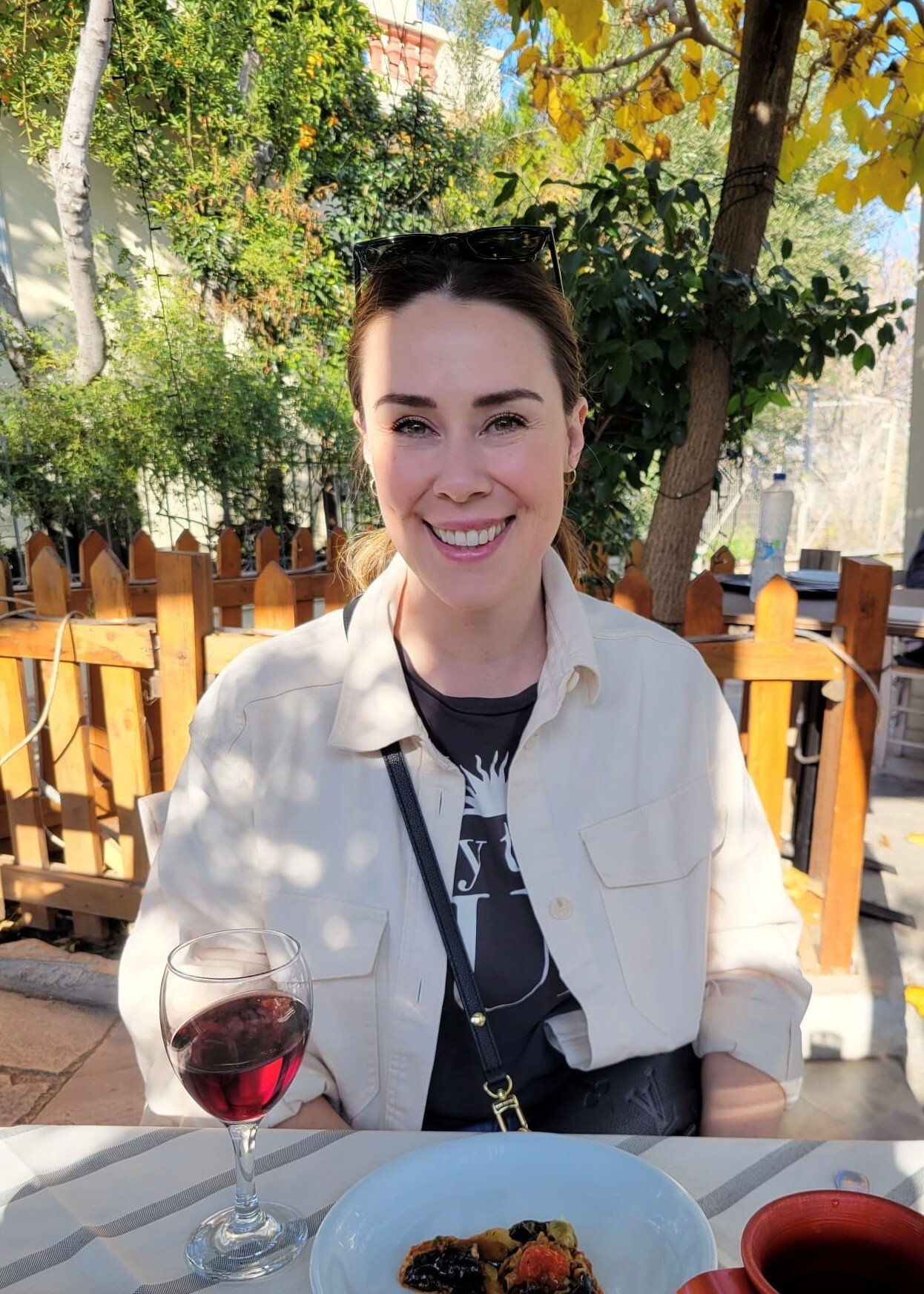If you’re considering a career in legal support work, don’t underestimate the power of soft skills. While mastering hard skills like legal procedures, forms, and software is important, soft skills are often the differentiator between someone who just “does the job” and someone who excels, earns trust, and builds a long-term, fulfilling career.
Skills like communication, organization, and time management help you handle complex cases, support clients, liaise with attorneys, and ensure that no deadline or detail slips through the cracks.
In this post, we explore why soft skills matter so much in legal careers and which ones you need to develop to thrive in this demanding field.















